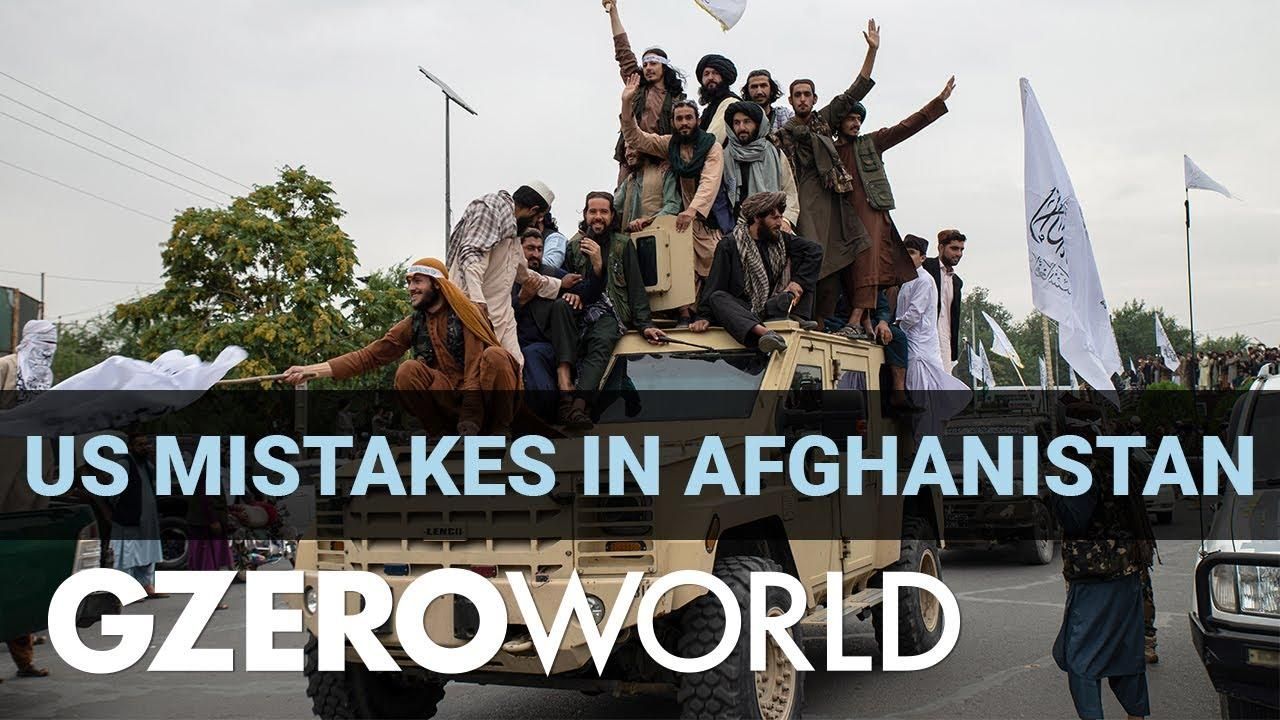GZERO World Clips
NATO's darkest chapter: Afghanistan withdrawal (in contrast to unity supporting Ukraine)

Vet Compares Us Intel on Afghanistan Withdrawal vs. Ukraine Invasion | GZERO World

The intelligence may have been there - but the ability to draw conclusions unbiased by what Americans needed to believe was not, says Elliot Ackerman, a former US marine who served four tours in Afghanistan and has just come out with a book on the American pullout from Afghanistan called "The Fifth Act."
America's chaotic withdrawal a year ago stands in stark contrast to the highly coordinated US and NATO response to Russia's war. On GZERO World, Ackerman tells Ian Bremmer that when it comes to the Russian invasion of Ukraine, the US had a degree of objectivity it had lost after 20 years in Afghanistan. The war, he explained, had come to define our military thinking and intelligence capability because the US was involved there for such a long time.
A year ago, Ackerman says that US intelligence hoped that the Afghan military would be able to defend the country from the Taliban for a "decent interval" of time, perhaps months or even years before collapse. But things didn't go to plan - and the US did not have a contingency plan.
In this Quick Take, Ian Bremmer addresses the killing of Alex Pretti at a protest in Minneapolis, calling it “a tipping point” in America’s increasingly volatile politics.
Who decides the boundaries for artificial intelligence, and how do governments ensure public trust? Speaking at the 2026 World Economic Forum in Davos, Arancha González Laya, Dean of the Paris School of International Affairs and former Foreign Minister of Spain, emphasized the importance of clear regulations to maintain trust in technology.
Will AI change the balance of power in the world? At the 2026 World Economic Forum in Davos, Ian Bremmer addresses how artificial intelligence could redefine global politics, human behavior, and societal stability.
Ian Bremmer sits down with Finland’s President Alexander Stubb and the IMF’s Kristalina Georgieva on the sidelines of the World Economic Forum to discuss President Trump’s Greenland threats, the state of the global economy, and the future of the transatlantic relationship.